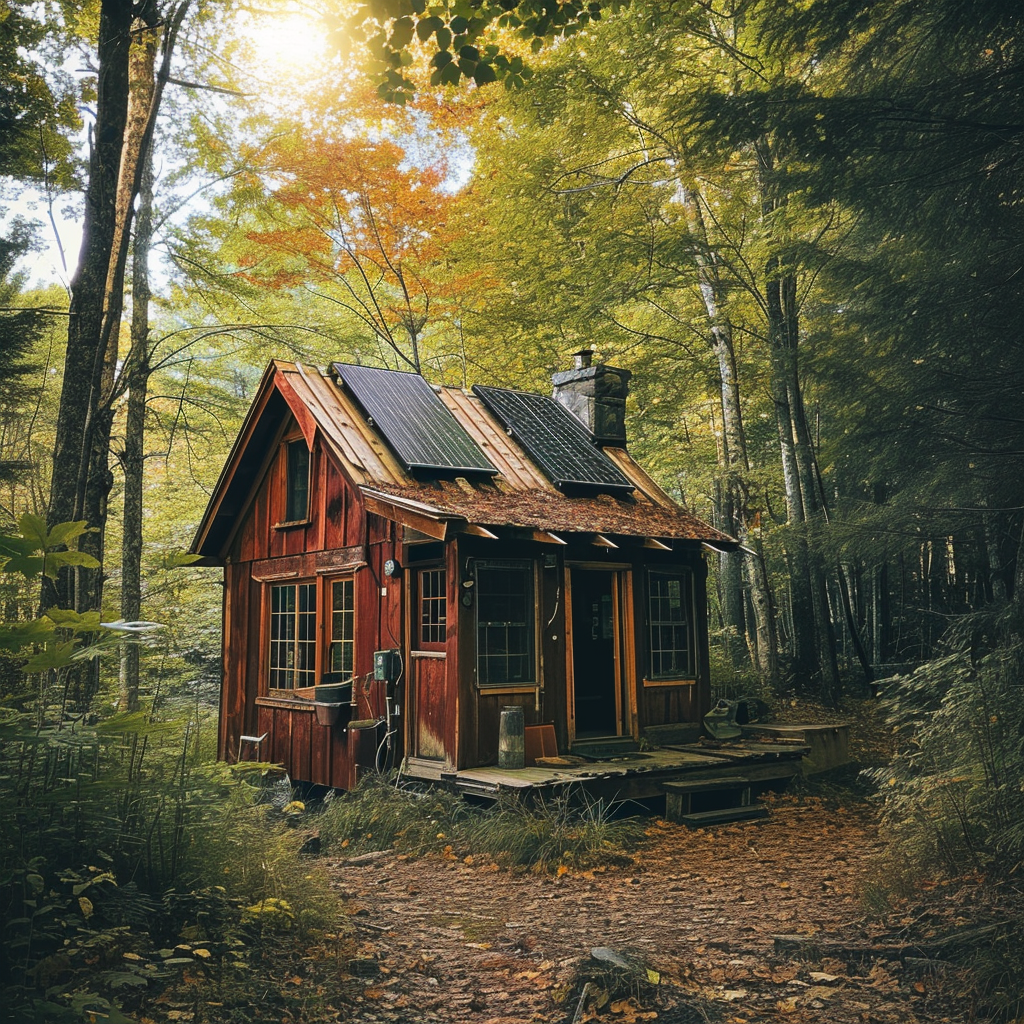Growing up, I vividly remember the stereotypes associated with off-grid living: rugged survivalists holed up in remote cabins, disconnected from the modern world. But as I’ve grown older, it’s become evident that perceptions of this alternative lifestyle have evolved significantly. With advancements in technology and a greater emphasis on sustainability, off-grid living is no longer seen as a fringe and eccentric choice. In fact, it has become a compelling option for those seeking to reduce their environmental impact and embrace a simpler, self-sufficient way of life. As we continue to navigate an increasingly interconnected world, it is fascinating to witness how our perception of off-grid living has shifted, with more people recognizing its potential and benefits. So how has the perception of off-grid living changed over the years?
Historical Perspective
Early Beginnings
Off-grid living, or the practice of living independently from public utilities, has a long and storied history. From the early settlements of pioneers and homesteaders to remote communities around the world, there has always been a segment of the population that has embraced self-sufficiency. These early off-grid dwellers relied on their own resources to meet their basic needs, such as food, water, and energy, often using traditional methods passed down through generations.
Negative Stigma
Despite the inherent self-reliance and simplicity of off-grid living, it has often been associated with negative stigmas throughout history. This perception may have stemmed from the unfamiliarity and misunderstanding of living without access to modern conveniences and amenities. Those who chose to live off-grid were sometimes seen as unconventional or even socially deviant. These negative perceptions have affected the acceptance and understanding of off-grid living for many years.
Embracing Simplicity
In recent decades, there has been a noticeable shift in the perception of off-grid living. More people are beginning to embrace the idea of simplicity, minimalism, and self-sufficiency. The appeal of disconnecting from the fast-paced, consumer-driven culture has grown significantly. This new perspective recognizes the potential benefits of living off-grid, such as reduced environmental impact, increased self-reliance, and a closer connection to nature.
Environmental Consciousness
Emergence of the Environmental Movement
The emergence of the environmental movement in the mid-20th century played a significant role in changing the perception of off-grid living. As people became more aware of the environmental impact of traditional housing and energy systems, there was a growing interest in alternative and sustainable living practices. Off-grid living, with its emphasis on renewable energy sources, sustainable building materials, and efficient resource management, aligned well with the goals of the environmental movement.
Sustainable Living Practices
Off-grid living offers individuals the opportunity to adopt sustainable living practices and reduce their carbon footprint. By utilizing renewable energy sources such as solar or wind power, off-grid dwellers can generate their own electricity, reducing reliance on nonrenewable resources and decreasing greenhouse gas emissions. Additionally, sustainable building techniques, water conservation, and organic gardening methods are often employed in off-grid communities, promoting environmentally friendly lifestyles.
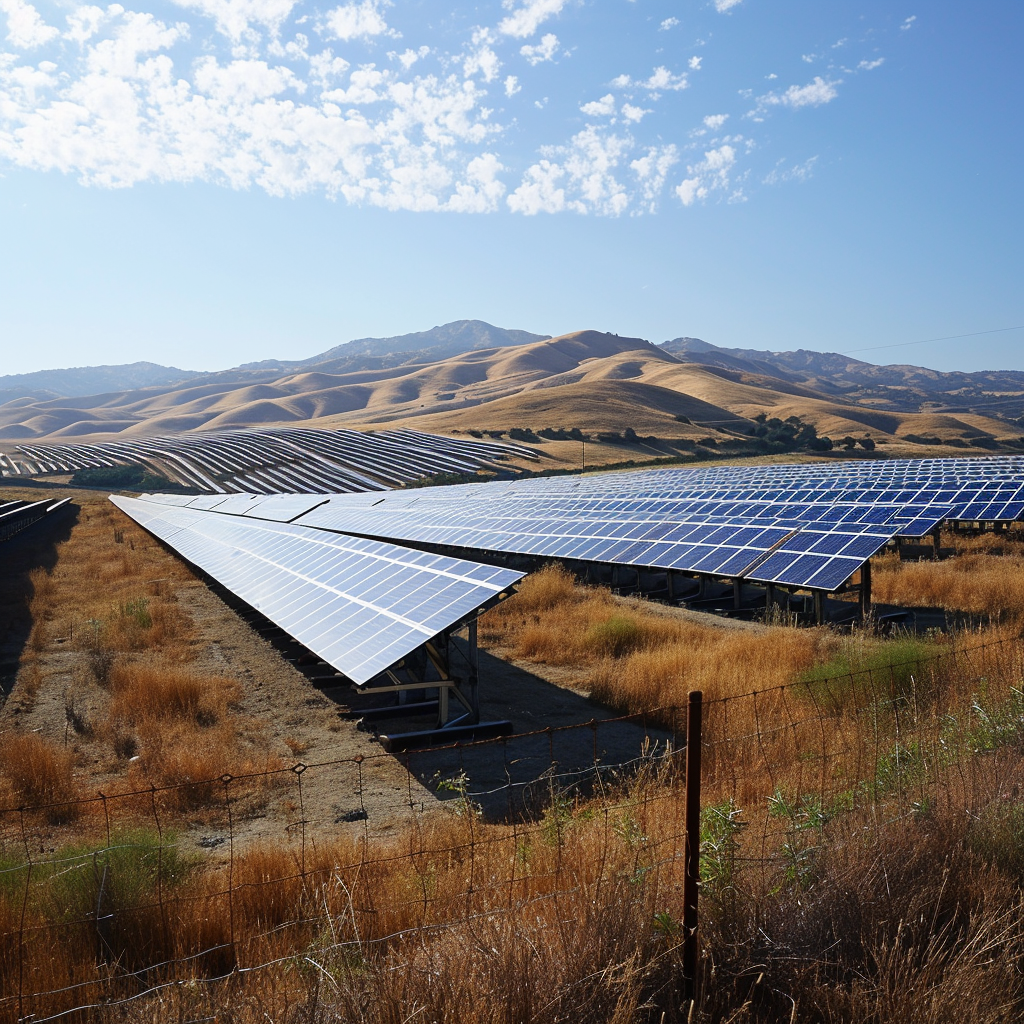
Advancements in Technology
Renewable Energy Sources
Advancements in technology have significantly improved the viability and efficiency of off-grid living. The availability and affordability of renewable energy sources such as solar panels and wind turbines have made it more feasible for individuals to generate their own clean energy. These technologies, coupled with energy storage systems like batteries, allow off-grid residents to have a reliable and continuous power supply even without a connection to the grid.
Innovations in Water Management
Water management is another area where technological advancements have greatly benefited off-grid living. From rainwater harvesting systems to efficient filtration and purification methods, off-grid dwellers can access clean and reliable water sources. These innovations have helped alleviate one of the primary concerns associated with off-grid living – access to fresh water.
High-Tech Off-Grid Solutions
In recent years, high-tech solutions have emerged to address the unique challenges of off-grid living. Portable solar-powered generators, compact and efficient appliances, and smart home technologies designed for off-grid use have revolutionized the off-grid lifestyle. These innovations not only enhance comfort and convenience but also contribute to energy efficiency and conservation, further supporting the appeal of off-grid living.
Economic Factors
Economic Considerations for Off-Grid Living
One of the major factors driving the changing perception of off-grid living is the consideration of economic benefits. While off-grid systems may require upfront investment, they can lead to long-term savings. By generating their own energy and reducing reliance on utility companies, off-grid residents can significantly lower or eliminate monthly electricity bills. Additionally, growing one’s own food and adopting sustainable practices can further reduce expenses and promote self-sufficiency.
Cost Reduction and Energy Independence
The rising costs of traditional housing, utilities, and the unpredictable nature of energy markets have made off-grid living an attractive option for those seeking cost reduction and energy independence. Off-grid residents have greater control over their energy costs, as they are not subject to fluctuations in energy prices. This financial stability and freedom from monthly bills are appealing to individuals and families with an eye towards long-term financial security.
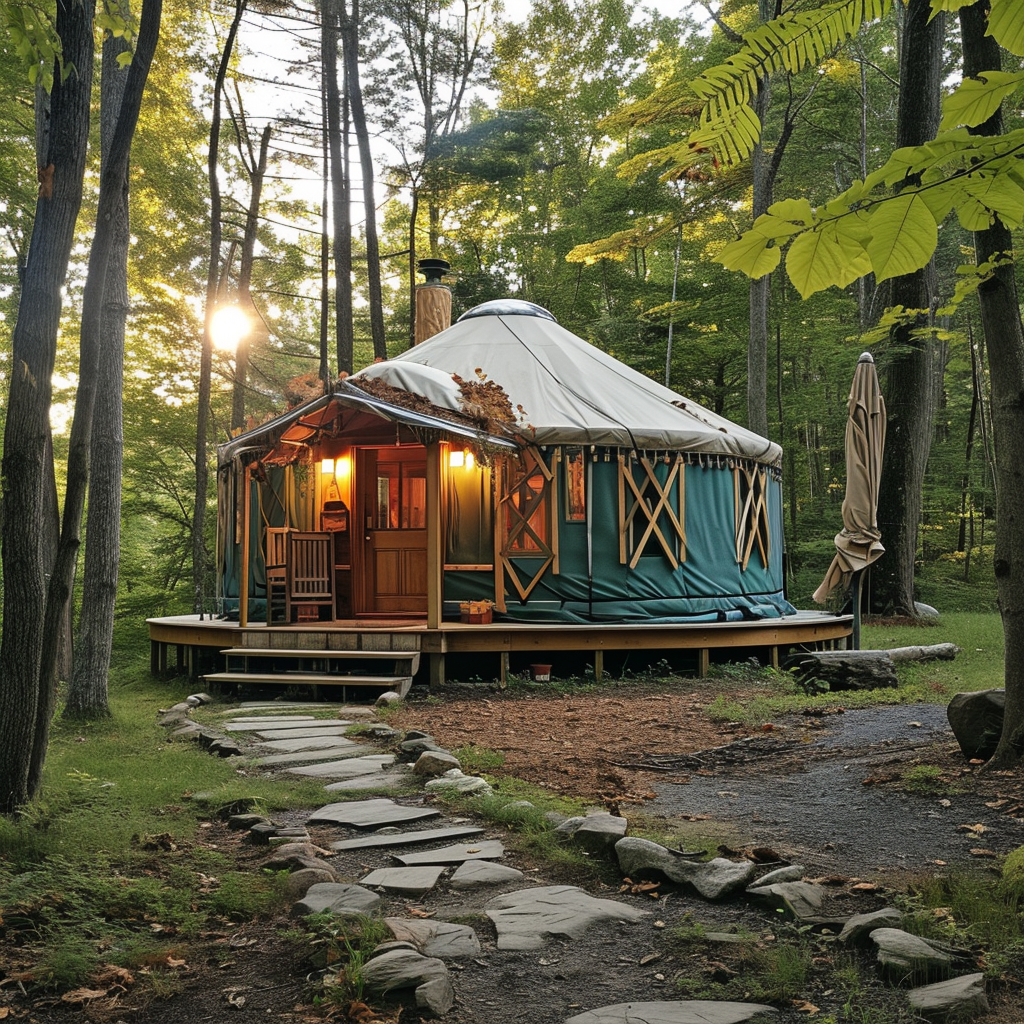
Changing Demographics
Rise of the Urban Homesteader
One noticeable demographic shift in the perception of off-grid living is the rise of the urban homesteader. Traditionally associated with rural areas, off-grid living has expanded into urban environments. Urban homesteaders seek to create self-sufficient lifestyles within city limits, often through practices such as rooftop gardening, rainwater harvesting, and solar power generation. This trend reflects the desire for a simpler, more sustainable way of life, even in densely populated areas.
Appeal to Millennials
Off-grid living has gained popularity among millennials, who seek a more authentic, intentional, and environmentally conscious way of life. Millennials often prioritize experiences over material possessions and are more inclined to challenge traditional norms. The appeal of off-grid living, with its focus on sustainability, self-sufficiency, and reduced environmental impact, resonates with this generation that values responsibility and making a positive impact on the world.
Retirees Seeking Rural Living
Another demographic group increasingly drawn to off-grid living is retirees seeking a quieter, more fulfilling lifestyle. Empty nesters and retirees often seek to downsize, simplify their lives, and connect with nature. The freedom to choose a remote location and enjoy the benefits of off-grid living, such as fresh air, peace, and tranquility, is particularly appealing to this demographic.
Social Perceptions
Challenging Traditional Housing Norms
Off-grid living challenges traditional housing norms by embracing alternative building methods and designs. From earthships to tiny homes, these unconventional dwellings challenge the idea that a home must conform to a specific size or shape. This departure from conventional housing norms has sparked interest and curiosity among individuals seeking more unique, ecologically friendly, and cost-effective housing options.
Communal Off-Grid Living
Communal off-grid living has also emerged as a social perception shift in recent years. Communities of like-minded individuals come together to share resources, knowledge, and support to create sustainable and resilient self-sufficient communities. These intentional communities foster a sense of belonging, collective responsibility, and collaboration, which appeals to those seeking a deeper connection with others and a more inclusive way of life.
Media Influence
The media has played a vital role in shaping the perception of off-grid living. Through documentaries, reality TV shows, and online platforms, off-grid living has been romanticized and presented as an attractive lifestyle choice. These media portrayals often highlight the benefits and challenges of off-grid living, inspiring individuals to explore alternative ways of living and challenging the traditional norms and expectations of society.
Health and Well-Being
Escaping Modern Stressors
Off-grid living offers an escape from the stressors of modern-day life. The fast-paced nature of urban living, the constant connectivity to technology, and the pressure to meet societal expectations can take a toll on mental and physical health. Choosing off-grid living allows individuals to disconnect, slow down, and prioritize their well-being. Being surrounded by nature, breathing fresh air, and living in a more relaxed environment contribute to improved mental health and overall well-being.
Connection to Nature
Living off-grid provides an opportunity to reconnect with nature on a profound level. The daily interaction with natural surroundings, whether through gardening, hiking, or simply taking in the beauty of the surroundings, fosters a sense of connection and appreciation for the natural world. This connection to nature has been shown to have positive effects on mental and emotional well-being, reducing stress, improving mood, and promoting a sense of inner peace.
Enhanced Quality of Life
Off-grid living often promotes a simpler way of life, allowing individuals to prioritize what truly matters to them. With fewer distractions and material possessions, individuals can focus on relationships, personal growth, and pursuing meaningful activities. This enhanced quality of life cannot be measured by material wealth but rather by the happiness and fulfillment found in living authentically and in harmony with one’s values.
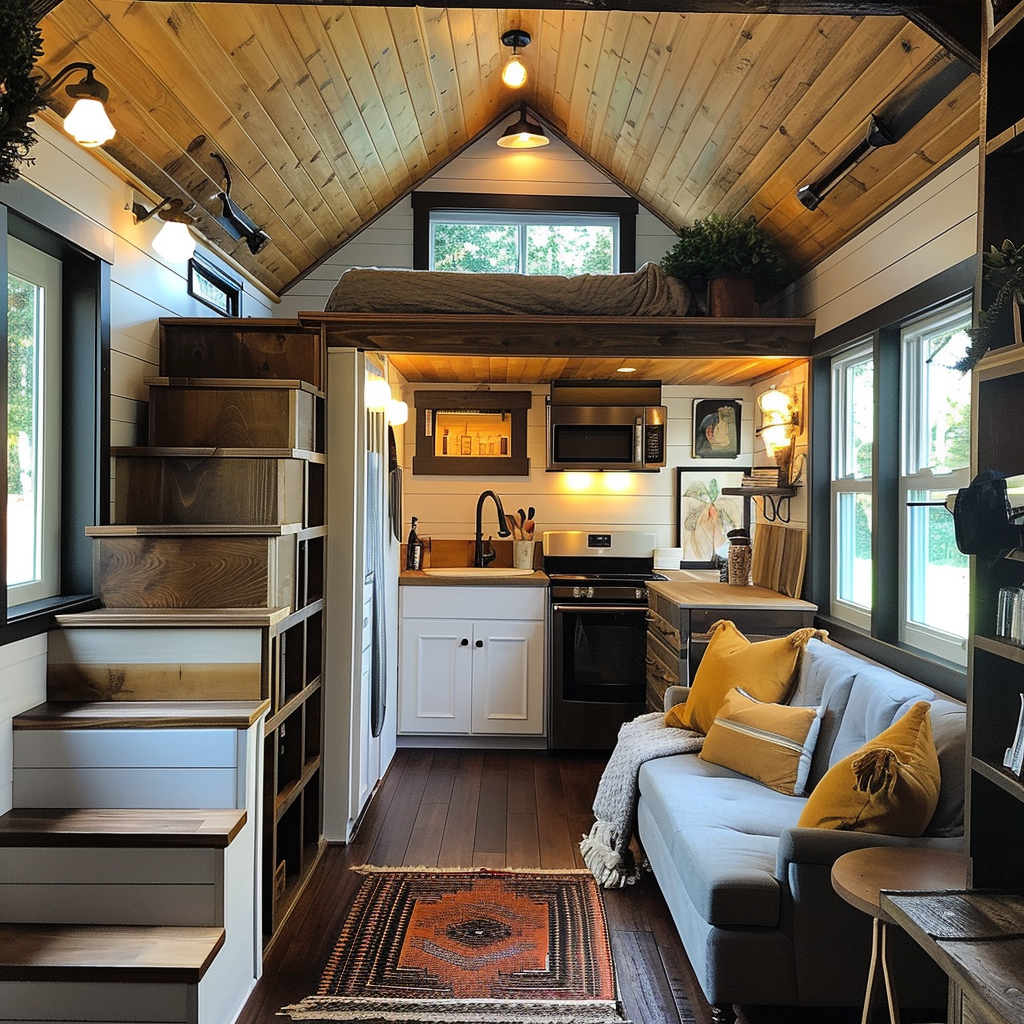
Resilience and Self-Sufficiency
Preparing for Uncertain Times
The increasing uncertainty of global events, such as climate change, natural disasters, and economic instability, has influenced the perception of off-grid living as a means of preparing for uncertain times. The ability to be self-sufficient and resilient in the face of emergencies or disruptions to essential services is a significant appeal of off-grid living. By reducing reliance on utility systems and learning essential survival skills, off-grid dwellers feel more prepared to navigate potential challenges.
Building Resilient Communities
Off-grid living often goes beyond individual self-sufficiency and extends to the formation of resilient communities. In these communities, collective resources, knowledge, and skills are shared, strengthening the ability to withstand and recover from crises. Building resilient off-grid communities not only enhances the well-being and safety of its members but also fosters a sense of interdependence and cooperation, essential for navigating an uncertain future together.
Reduction of Reliance on Utility Systems
One of the primary objectives of off-grid living is to reduce reliance on traditional utility systems. By generating energy, managing water resources, and implementing sustainable practices, off-grid dwellers decrease their dependence on external infrastructure. This reduction of reliance improves personal freedom, resilience, and minimizes vulnerability to price increases, utility failures, and other potential risks associated with centralized systems.
Challenges and Limitations
Access to Amenities and Services
One of the challenges of off-grid living is limited access to certain amenities and services. Living in remote areas can make it difficult to access healthcare, education, and other essential services. Additionally, off-grid dwellers may need to make provisions for waste disposal, Internet connectivity, and transportation. These challenges require careful planning, additional resources, and a willingness to adapt to a more self-sufficient lifestyle.
Legal and Regulatory Hurdles
The legal and regulatory landscape can present hurdles for those interested in off-grid living. Building codes, zoning restrictions, and permits may pose challenges when constructing alternative housing or implementing off-grid systems. Each jurisdiction may have its own set of regulations and requirements, making it necessary for individuals to navigate complex legal frameworks to realize their off-grid aspirations.
Social Isolation
Living off-grid, particularly in remote areas, can lead to social isolation. The lack of immediate neighbors and limited opportunities for social interaction may be challenging for some individuals. However, this challenge can be mitigated through the formation of intentional off-grid communities, as mentioned earlier. Community support, events, and shared resources can help overcome the potential isolation that may come with off-grid living.
Future Outlook
Increasing Popularity and Acceptance
As the benefits and feasibility of off-grid living become more widely recognized, its popularity and acceptance are likely to continue to increase. The changing perceptions of off-grid living described earlier, coupled with advancements in technology and increased environmental awareness, suggest a positive future outlook for the off-grid movement. More individuals and communities will likely embrace the concept of self-sufficiency, sustainable living, and resilience in the face of an ever-changing world.
Technological Advancements
Advancements in renewable energy technologies, energy storage, and efficient off-grid systems will play a significant role in shaping the future of off-grid living. As these technologies continue to improve and become more affordable, the barriers to entry for off-grid living will decrease, making it more accessible to a broader population. Additionally, innovations in water management, waste disposal, and sustainable farming practices will further enhance the off-grid lifestyle.
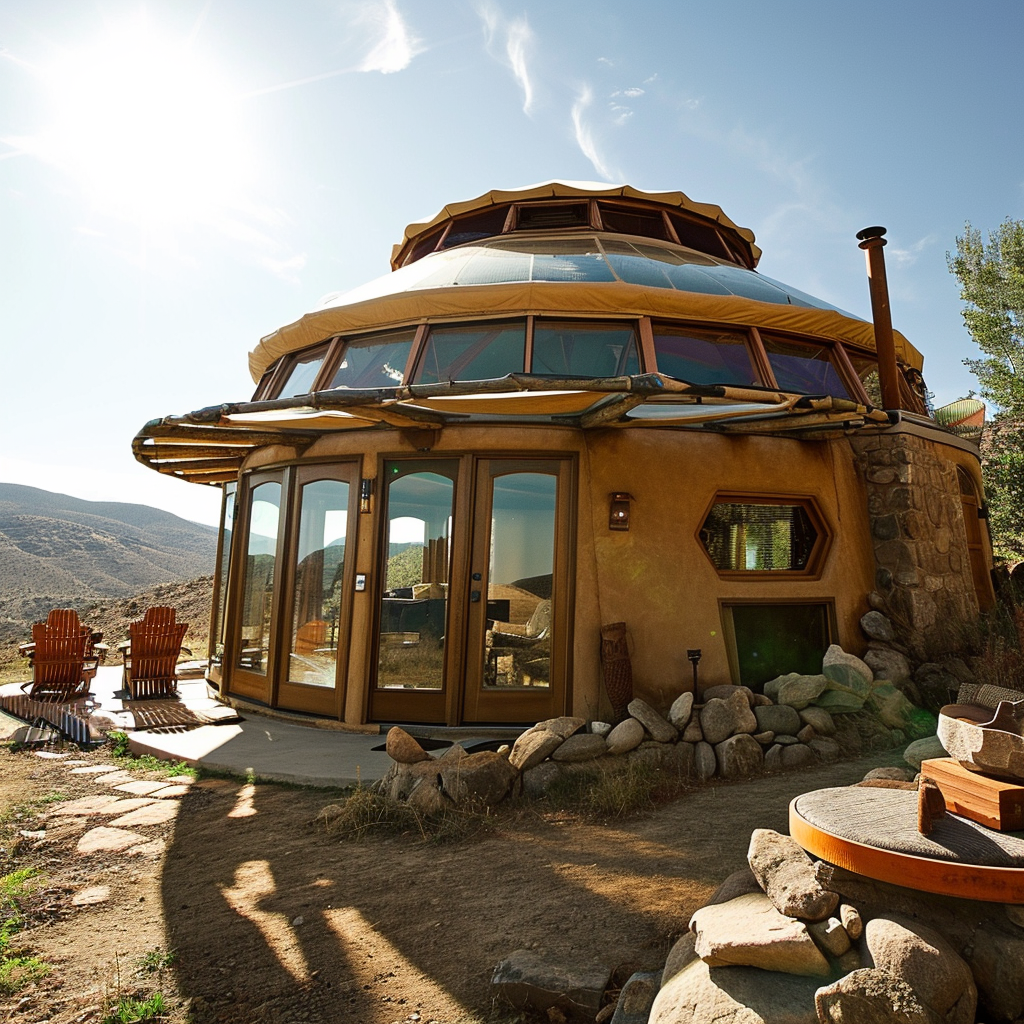
Policy and Infrastructure Support
Government policies and infrastructure support are crucial for the wider adoption of off-grid living. As the perception of off-grid living continues to shift, policymakers may revise regulations and incentives to encourage sustainable, self-sufficient living. Investment in renewable energy infrastructure, water management systems, and sustainable building practices can further facilitate the growth and acceptance of off-grid communities.
In conclusion, the perception of off-grid living has evolved significantly over the years. From a negative stigma associated with unconventional living to a shift towards embracing simplicity, sustainability, and self-sufficiency, more individuals are recognizing the benefits and appeal of off-grid living. Environmental consciousness, advancements in technology, economic factors, changing demographics, social influences, health and well-being considerations, and resilience and self-sufficiency concerns have all contributed to this changing perception. While challenges and limitations exist, the future outlook for off-grid living appears promising, with increasing popularity, technological advancements, and policy and infrastructure support paving the way for a more self-reliant and sustainable way of life. The changing perception of off-grid living reflects a growing desire to reconnect with nature, simplify our lives, and live in harmony with the environment.

